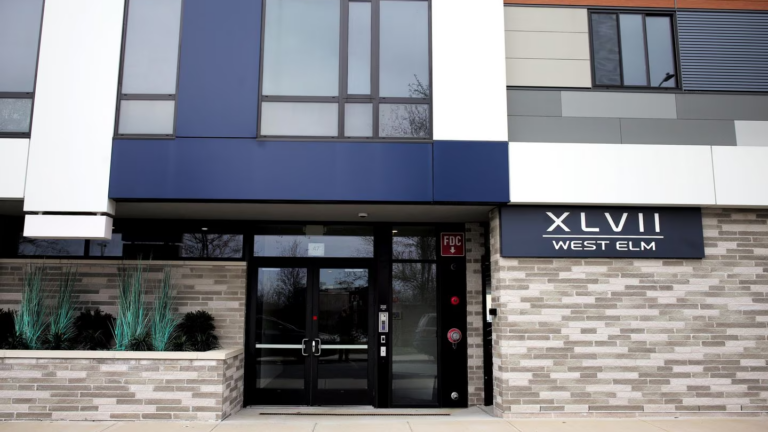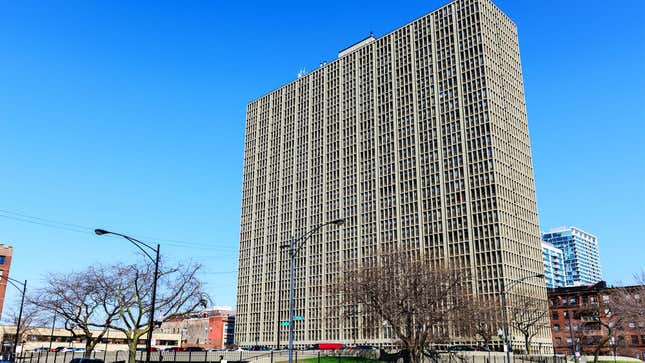Boston offers incentives to turn empty offices into affordable housing
The city of Boston will now offer developers up to a 75% reduction in the residential tax rate for 29 years if they convert offices into apartments.
“As cities and towns across the country grapple with ways to solve the affordable housing crisis, the city of Boston is hoping empty office spaces might be part of the solution.
This year,
office vacancy rates in the U.S. hit a 30-year high, ticking up to 17.8%. Fueled by recession fears and hybrid working, the office vacancy rate in Boston is now at 19%.
But plans are in the works to bring life back to empty offices in Boston while also addressing a severe lack of affordable housing.
Last month, Boston Mayor Michelle Wu announced plans to help incentivize
turning empty commercial office space into residential housing.The city will now offer developers up to a 75% reduction in the residential tax rate for 29 years if they convert offices into apartments. As part of the plan, 20% of units would have to be considered affordable housing.
"It's a national crisis, not just in Boston," said Anne Corbin-Fennell with Action for Boston Community Development.
Nationwide, an estimated 7.3 million Americans need affordable housing, according to the
National Low Income Housing Coalition.
"They are trying to figure out: Do I eat or pay rent?" Corbin-Fennell said.
Since the start of the pandemic, several communities nationwide have floated the idea of turning offices into residential housing. None, though, have put the funding in place like Boston is doing….”
https://www.katc.com/boston-offers-incentives-to-turn-empty-offices-into-affordable-housing





